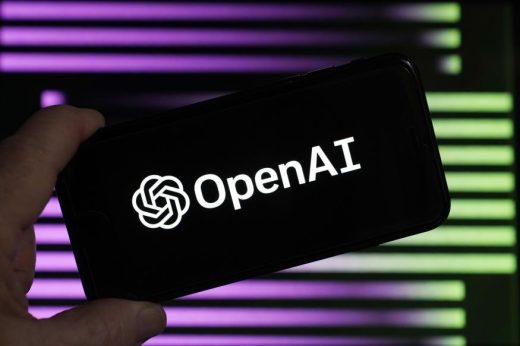New AP guidelines lay the groundwork for AI-assisted newsrooms
AP and OpenAI enter into two-year partnership to help train algorithmic models
The Associated Press (AP) and ChatGPT parent company OpenAI have reached a news-sharing agreement, but not for the reasons you may think. It doesn’t involve AI chatbots quickly churning out content, but rather a way for OpenAI to train its algorithmic models, as reported by Axios. The two-year deal gives OpenAI access to select news content and technology from the AP archives, dating back to 1985. All of this sweet, sweet data will be used to improve the efficacy of future iterations of ChatGPT and related tools.
This is one of the first high-profile partnerships between a major news organization and an artificial intelligence company. The two firms are still working out the details, but it looks like AP will receive access to OpenAI’s proprietary technology as part of the exchange. AP has long relied on automation technology when filing news reports, so it’ll likely use OpenAI’s tech to streamline and improve this process.
AP doesn’t use generative AI to write articles but does use similar technologies to automate corporate earnings reports and coverage of local sporting events, among other article types. Additionally, the organization uses these tools to translate weather alerts into Spanish. AP launched an AI tool earlier this year to enable clients, which are mostly other newsrooms, to search for relevant photos, videos and stories. This software allows clients to make queries using descriptive language instead of dry metadata. In other words, having access to OpenAI’s treasure trove of data should dramatically improve this experience.
As for OpenAI, they are obviously looking to expand into news in the future, and this partnership gives them plenty of legally-obtained data to work with. Artificial intelligence threatens to upend traditional news business models, but AP says it “supports a framework that will ensure intellectual property is protected and content creators are fairly compensated for their work.” The organization also says that newsrooms “must have a seat at the table” to ensure they aren’t taken advantage of.

(12)



